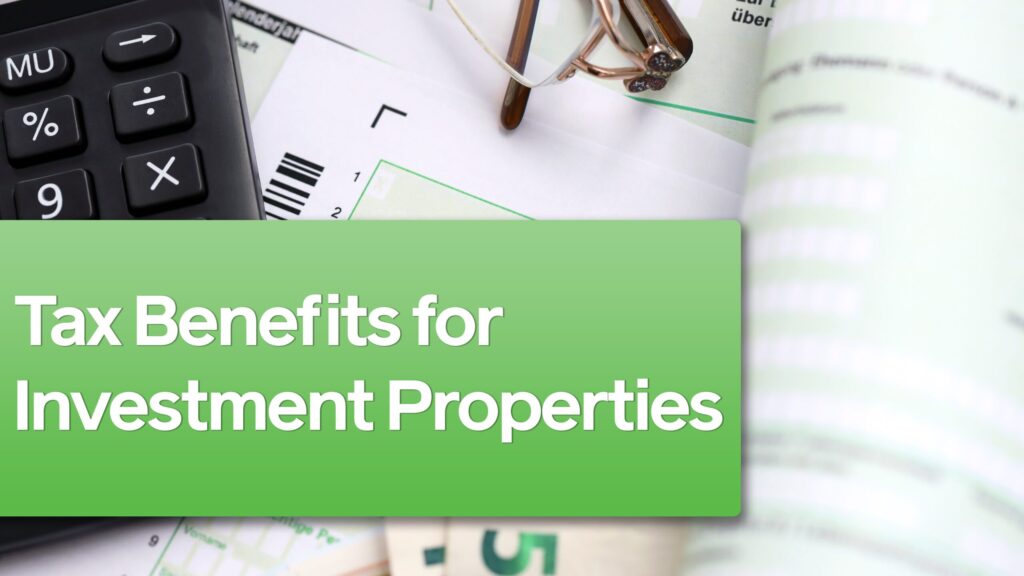Navigating the world of property investment can sometimes feel like decoding a foreign language, but understanding the right tools can make a world of difference. At OpenCorp our expert team is here to help and provide you with insight and the right tools to leverage to ensure you are growing your property portfolio effectively.
Two commonly missed strategies when it comes to property investment, are utilising a Depreciation Schedule and optimising cash flow with a Tax Variation Form.
Depreciation Schedule: What Is It and How Often Do I Need One?
So, what exactly is depreciation? In simple terms, it’s the reduction in value over time of the dwelling as it ages. The Australian Taxation Office (ATO) allows property investors to claim this depreciation as a tax deduction, which can significantly reduce your taxable income and, in turn, your tax bill.
In the video below, OpenCorp Executive Director – Property & Investment Services, Michael Beresford, weighs up buying brand new vs. established investment property, in relation to the depreciation variations investors can typically claim come tax time.
Depreciation can often be an overlooked aspect of property investment, however understanding it can provide substantial tax savings that enable you to build a robust portfolio. A Depreciation Schedule is a document prepared by a qualified quantity surveyor that outlines the depreciation deductions you can claim on your investment property.
How often do you need a Depreciation Schedule?
The good news is that you generally only need to have a Depreciation Schedule prepared once, typically when you first purchase the property. However, it’s wise to review it periodically, especially if you make significant improvements or renovations. By keeping your Depreciation Schedule up to date, you ensure you’re maximising your deductions and keeping more money in your pocket each year.
Smooth Out Your Cash Flow with a Tax Variation Form
A Tax Variation Form, officially known as a PAYG Withholding Variation, allows you to adjust the amount of tax withheld from your salary by your employer. This means you can potentially access your investment property deductions throughout the year, rather than waiting for your annual tax return. Imagine having more cash flow to cover property expenses, or even to reinvest, as the year progresses. It’s a game-changer for investors looking to optimise their financial strategy and a non-negotiable for our clients.
Benefits of the Tax Variation Form:
1. Improved Cash Flow: By accessing tax deductions throughout the year, investors can smooth out their cash flow, making it easier to manage monthly expenses, pay their home off quicker or build their portfolio.
2. Reduced Financial Stress: With better cash flow management, investors can alleviate the financial pressure associated with property expenses, allowing them to focus on their long-term investment strategy.
3. Maximised Investment Opportunities: Improved cash flow can free up funds for additional investments, enabling investors to grow their portfolios more effectively.
4. Tailored Financial Strategy: The Tax Variation Form allows for a more personalised approach to tax management, aligning deductions with individual financial needs and goals.
Understanding and using the Tax Variation Form can successfully help you achieve your financial goals more efficiently. At OpenCorp, we’ve done the hard yards building our knowledge of property investing from the ground up, and we love sharing our insights to make your investment journey a smooth ride. Happy investing!
Disclaimer: The information provided in this blog is intended for general informational purposes only and does not constitute professional financial or tax advice. OpenCorp is not a registered tax agent or financial advisor. We strongly recommend that you seek advice from a qualified tax professional or accountant before making any decisions based on this information. OpenCorp will not be held liable for any losses or damages resulting from reliance on the information provided in this blog.









